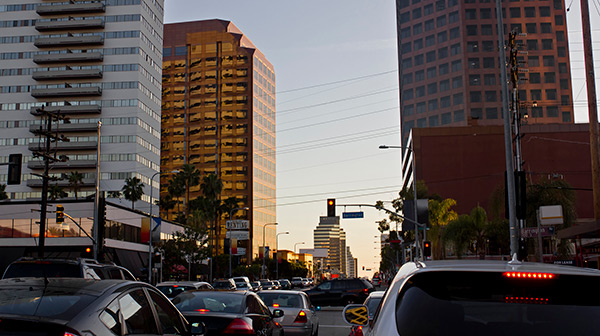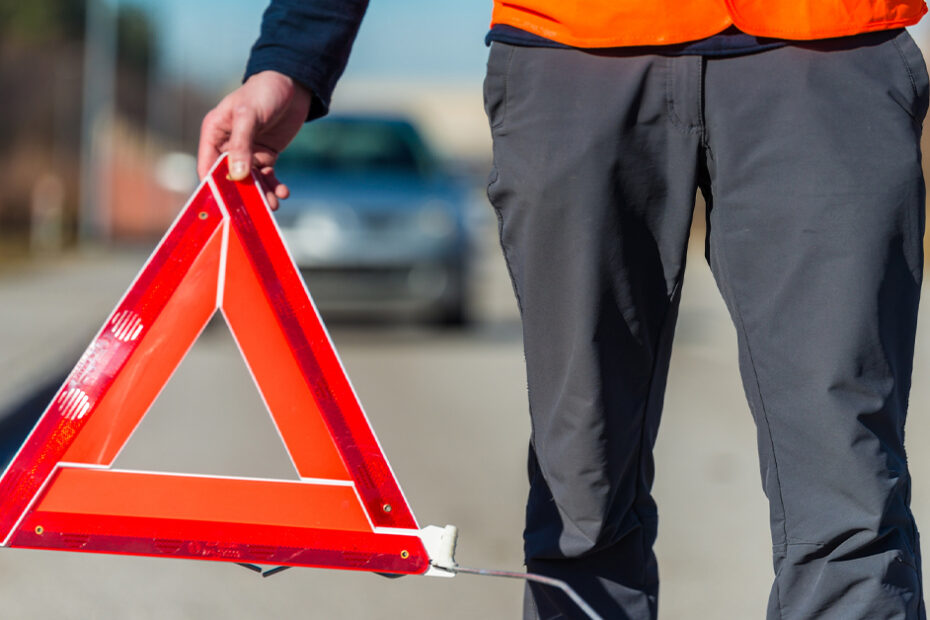With a recently introduced bill, California could soon join the European Union in requiring technology in new cars that alert motorists when they drive over the speed limit. Introduced by Senator Scott Wiener (D-San Francisco), Senate Bill 961 will once again place the Golden State at the forefront of automotive safety standards. Let’s cover the basics of what Senate Bill 961 will do and how it could impact California drivers.
Key Takeaways:
- If enacted into law, SB 961 will require all new California vehicles to have an intelligent speed assistance system that will alert motorists when they drive 10 miles per hour over the speed limit starting with the 2030 model year.
- According to the National Transportation Safety Board, speeding contributed 29% of all traffic fatalities in 2022.
- Although new to California drivers, similar technology is set to become a standard in new cars across Europe.
What is Senate Bill 961?

At its core, SB 961 is about enhancing road safety through technological advancements. If enacted into law, the bill would “require, commencing with the 2030 model year, certain vehicles to be equipped with a passive intelligent speed system that would utilize a brief, one-time, visual, and audio signal” to alert motorists each time they drive 10 miles per hour over the speed limit. The State Senate passed the bill in May, and it must continue through the legislative process before it is enacted.
According to the bill’s text, a “passive intelligent speed assistance (ISA) system” will be required. This system will rely on GPS to locate the vehicle and compare it to a database of posted speed limits. The bill states that every passenger vehicle, motortruck, or bus manufactured or sold in the state shall be equipped with an ISA starting with the 2030 model year. However, vehicles not equipped with a GPS or front-facing camera will not be required to have an ISA, nor will emergency vehicles.
A Case for Enhanced Safety

According to Scott Wiener, California “is seeing a horrifying spike in traffic deaths, with thousands of drivers, cyclists, and pedestrians dying each year.” SB 961 is an effort to change that. Wiener’s office states that the bill was authored based on recommendations from the National Transportation Safety Board (NTSB), which recommended last year that federal regulators require all new cars to alert drivers when they are speeding. Their recommendation came after a deadly January 2022 crash where a motorist with a history of speeding violations was traveling over 100 miles per hour before he crashed into a family. NTSB statistics show that speeding contributed to 29% of all traffic fatalities in 2022.
Although installing an ISA will be new for California drivers, the technology is already set to become a standard safety feature overseas. California legislators hope to reduce speed-related incidents by adopting similar measures, thus making the roads safer for everyone.
How Will Senate Bill 961 Impact California Drivers?
If enacted, SB 961 will have a direct impact on California drivers. For starters, there will be a new adjustment period as motorists get used to operating a vehicle with the latest technology. Although the technology will produce an alert when motorists drive 10 miles per hour over the speed limit, the bill does not mention whether or not the technology will physically be able to limit a vehicle’s speed. Regardless, the ISA system will need some getting used to, especially for drivers who habitually push the speed limit. However, potential long-term benefits—such as reduced accidents, lower volume of insurance claims, and a general increase in road safety—could outweigh the initial inconvenience. It is not clear at this time how SB 961 will affect auto insurance rates.
Looking Forward
As SB 961 continues its journey through the legislative process, it’s clear that the bill can potentially set new standards for vehicle safety. However, those opposed to the bill state concerns related to government overreach and a confusing patchwork of regulation around the country; any attempt to curb speeding accidents will likely benefit all. By leveraging technology to help prevent speeding behaviors, California’s decision could influence the country’s auto industry as a whole if the bill is enacted due to its large size and number of vehicles on its roads.
The information in this article is obtained from various sources and is offered for educational purposes. Furthermore, it should not replace manuals or instructions provided by the manufacturer or the advice of a qualified professional. No warranty or appropriateness for a specific purpose is expressed or implied.


